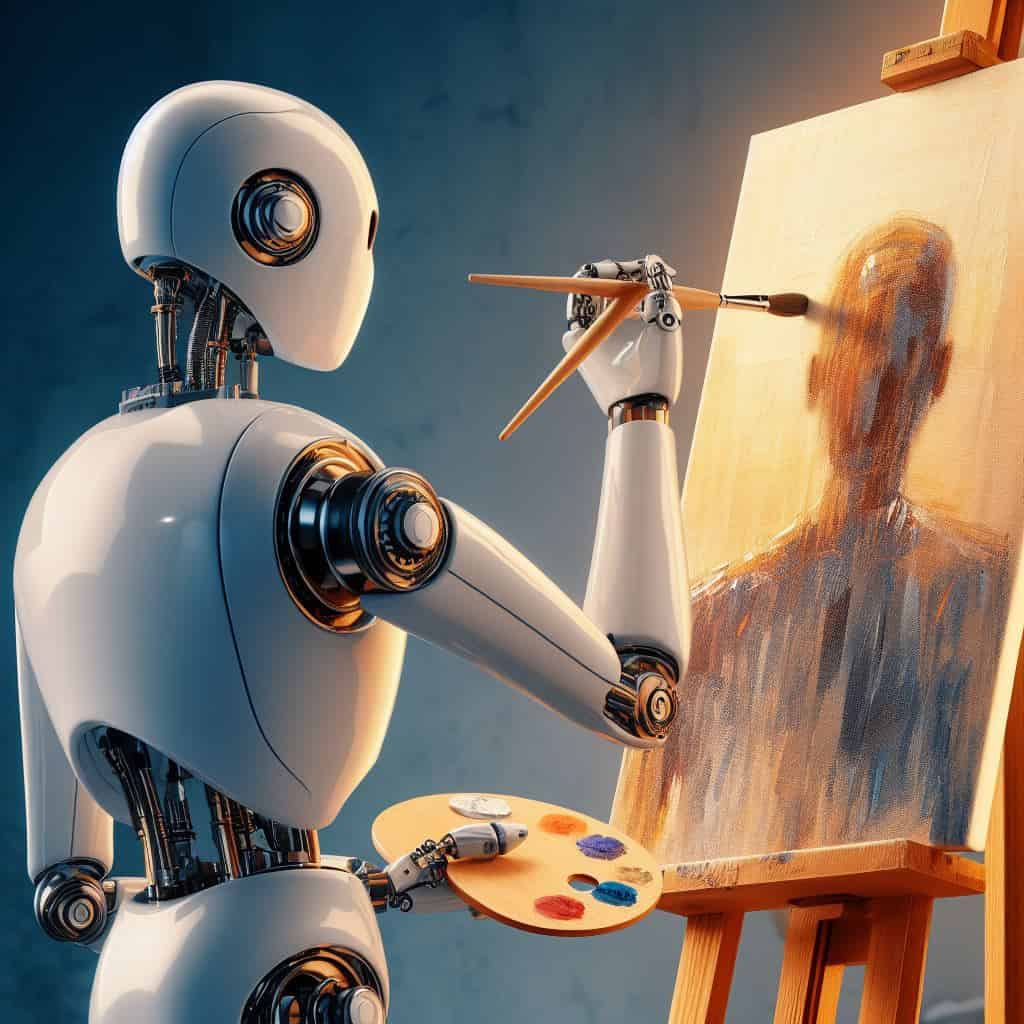
Researchers at the University of Chicago have developed Nightshade, a tool designed to disrupt the training of AI models that use unauthorised web-scraped images. Ars Technica reported on this. The tool subtly alters images, making them appear normal to the human eye, but effectively corrupts AI training processes. This ingenious solution aims to protect content creators from having their work used without consent, a prevalent issue in the AI industry. Nightshade is part of a broader legal debate about the use of copyrighted material in AI training data. Nightshade demonstrates a unique approach to tackling this complex issue, shifting power back to content creators.
- Nightshade disrupts AI training with subtle image alterations, defending artists against unauthorized model training.
- AI’s use of copyrighted data sparks legal debates, with lawsuits and regulatory proposals in progress.
- Nightshade offers a novel defense for artists, but its effectiveness depends on the evolving legal environment.
Unmasking Nightshade: A cloak and dagger for image data
Nightshade, a tool developed by a team of researchers at the University of Chicago, operates on a mechanism known as ‘data poisoning’. It subtly modifies images in ways that are invisible to the human eye but have a profound impact on AI model training processes. The team behind Nightshade aims to disrupt the training of AI models that utilise images scraped from the web without artist permission, including copyrighted material. This innovative tool thus seeks to protect visual artists and publishers from having their work misappropriated to train generative AI image synthesis models.
At the heart of Nightshade is a technique that corrupts training data by subtly altering images so that they retain their original visual appearance but are influenced by an entirely different concept. This leads AI models astray when trained on the data. The goal is to balance the power between AI model trainers and content creators by allowing the latter to fight back against unauthorised model training.
The controversy: Artistry, AI and the copyright conundrum
The use of copyrighted data to train AI models has sparked a legal and ethical debate in the tech world. A number of lawsuits have been filed against generative AI platforms, such as Stable Diffusion and Midjourney, by artists alleging that their copyrighted material was used without permission. Even Getty Images, a major hub for creative content, has filed a lawsuit against Stability AI, creators of the AI art tool Stable Diffusion, over alleged copyright violation.
Data plays a crucial role in training AI models, and is often scraped from a plethora of sources, including websites. This can raise issues surrounding intellectual property rights, data protection, and breach of contract. Professor Ben Zhao, one of the creators of Nightshade, aims to challenge AI companies that use copyrighted data to train their models.
Regulating AI: A Legal framework in progress
While the legal status of training AI models on copyrighted material remains untested, lawmakers are beginning to pay attention. The European Parliament, for instance, has proposed the EU AI Act—the world’s first comprehensive law aimed at regulating AI. The Act aims to ensure transparency and traceability in AI systems used in the EU, and also outlines obligations for providers and users of AI systems based on the level of risk.
On the other side of the Channel, the UK Intellectual Property Office’s (UKIPO) proposed extension to the copyright law exception for text and data mining has been shelved, remaining limited to non-commercial research purposes or with rights holders’ permission. Furthermore, the draft EU AI Act proposes a disclosure requirement for companies using generative AI tools to disclose copyrighted material used, potentially leading to copyright claims.
Looking ahead: The future of AI and copyright
While Nightshade represents a significant stride towards protecting artists’ rights in the age of AI, it is still early days. Professor Ben Zhao acknowledges that there is a possibility that people could potentially abuse the data poisoning tool for malicious uses. Despite this, the team behind Nightshade remains hopeful that their tool will encourage AI training companies to respect crawler restrictions and opt-out requests.
The legal landscape surrounding the use of copyrighted material in AI training data is complex and evolving. As the debate continues, tools like Nightshade provide an innovative approach to tackling these issues. Their ultimate impact, however, will depend on how the legal framework around AI and copyright develops.







